Are you working or interested in Tourism Revenue Transfers (TRTs)?
Let’s connect! Whether you're a policymaker, researcher, tourism professional, or just curious about how TRTs can support sustainable tourism and local communities, we’d love to hear from you. Reach out to learn more, share your insights, or get involved in the RETURN project.
Contact the RETURN Project Team
Interested in the RETURN project or TRTs? Feel free to reach out, either directly to our lead project manager, Mr. Ari Martin Laakso, or through any of our national or associate project partners. We’re here to connect, collaborate, and support your interest in Tourism Revenue Transfers.
University of Lapland
As the lead partner of the RETURN project, the University of Lapland brings strong expertise in sustainable tourism, Arctic research, and community resilience. Through its Arctic Centre and Multidimensional Tourism Institute, the university integrates local knowledge, Indigenous perspectives, and environmental sustainability into the project. ULA coordinates the project and contributes to all work packages, guiding strategic direction, stakeholder engagement, and the development of tourism revenue models tailored to the unique challenges of the NPA region. Sustainable Tourism Specialist Mr. Ari Martin Laakso is the RETURN project and communication manager.

Munster Technological University
Munster Technological University (MTU) leads Work Package 3 of the RETURN project, focusing on building capacity for regenerative tourism through stakeholder workshops, community consultation, and the development of a practical toolkit. MTU brings strong expertise in research, education, and EU-funded projects, with a dedicated focus on circular economy and sustainable tourism through its CERT research unit.

Leave No Trace Ireland
Leave No Trace Ireland (LNTI) brings strong expertise in environmental education, sustainable tourism, and community engagement, with a proven track record in EU and national projects. As Ireland’s recognized countryside code, LNTI delivers training, public campaigns, and volunteer programs promoting responsible outdoor practices. In the RETURN project, LNTI co-leads Work Package 3 with MTU, focusing on regenerative tourism. Together, they organize workshops, consult local communities, and test revenue models that support sustainable tourism at the local level.

University of Akureyri / Icelandic Tourism Research Centre
The University of Akureyri (UNAK) and its Icelandic Tourism Research Centre (ITRC) bring strong expertise in sustainable tourism, community impact, and policy development. With deep ties to national tourism bodies and Nordic networks, they support evidence-based models for regenerative tourism. In the RETURN project, UNAK leads Work Package 1, evaluating global and regional tourism revenue transfer models and identifying best practices to support climate resilience and community well-being in Northern and Arctic regions.
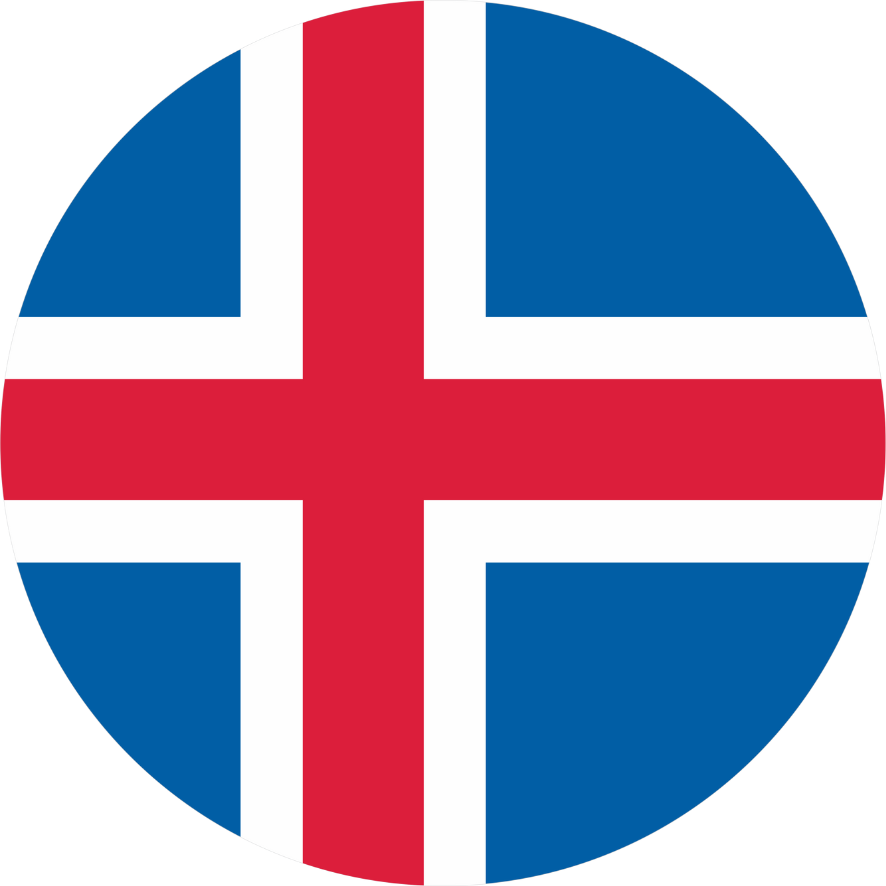
University of the Faroe Islands
The University of the Faroe Islands brings expertise in regional development, governance, and sustainable tourism in small island communities. Their research focuses on balancing tourism growth with environmental preservation and community resilience. In the RETURN project, the university co-leads Work Package 2 with the University of Greenland, adapting tourism revenue models to national contexts. They also host key events and ensure Faroese values are reflected in the project’s outcomes.
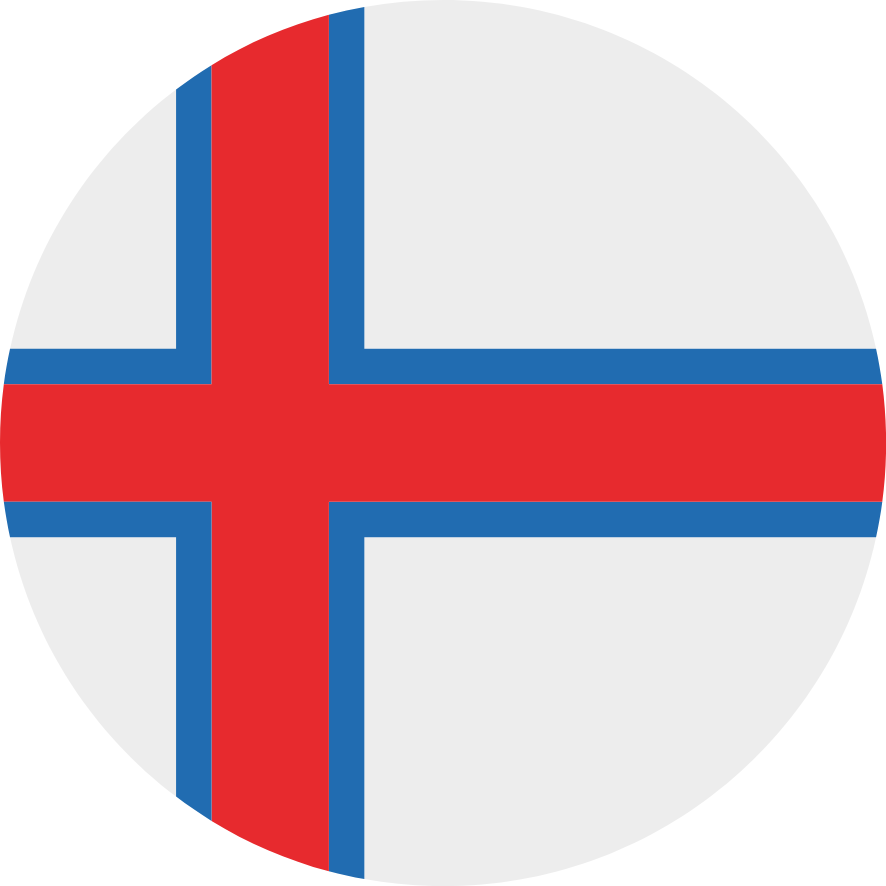
Mid Sweden University / The European Tourism Research Institute (ETOUR)
ETOUR is a leading research institute in nature-based tourism, e-tourism, and regional sustainability. With experience from projects like REGGAE, ETOUR supports regenerative tourism and digital innovation in destination management. In the RETURN project, ETOUR co-leads Work Package 1, contributing expertise in tourism revenue models, sustainability, and digital tools. They also support project activities across all work packages and host key events in their region.
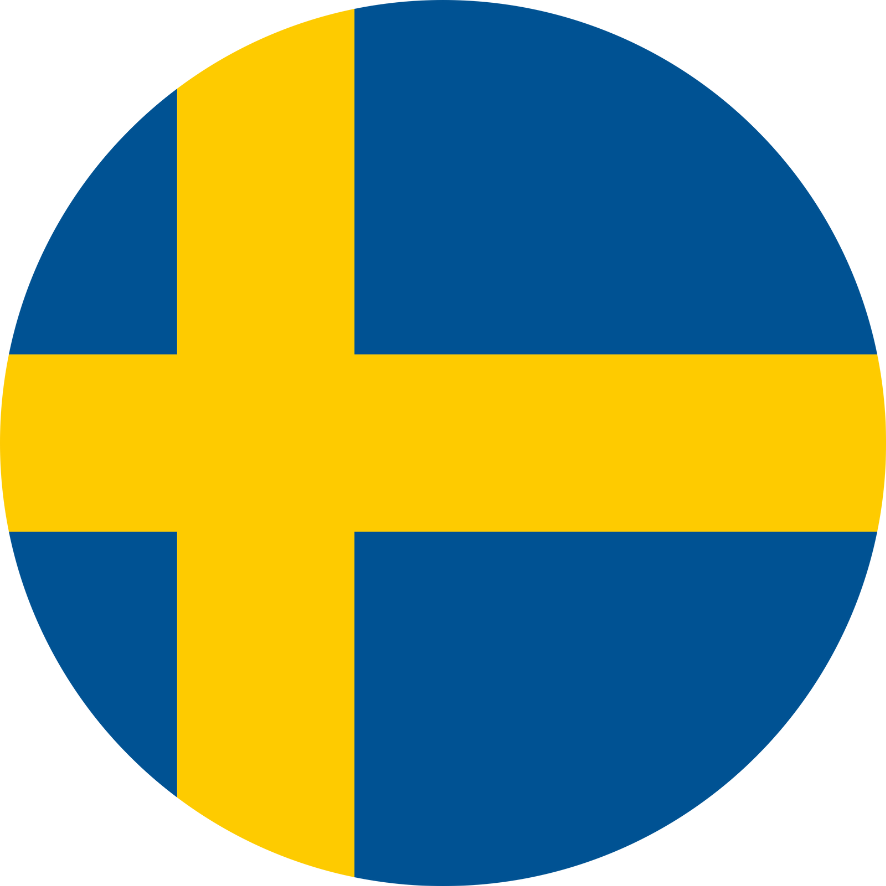
Ilisimatusarfik Kalaallit Nunaat (University of Greenland)
The University of Greenland contributes expertise in community development, governance, and legal frameworks relevant to sustainable tourism in Arctic regions. As co-leader of Work Package 2, alongside the University of the Faroe Islands, the university helps adapt tourism revenue models to national regulatory contexts. It also hosts key project events and supports capacity building to ensure that local governance and sustainability are central to the RETURN project’s outcomes.
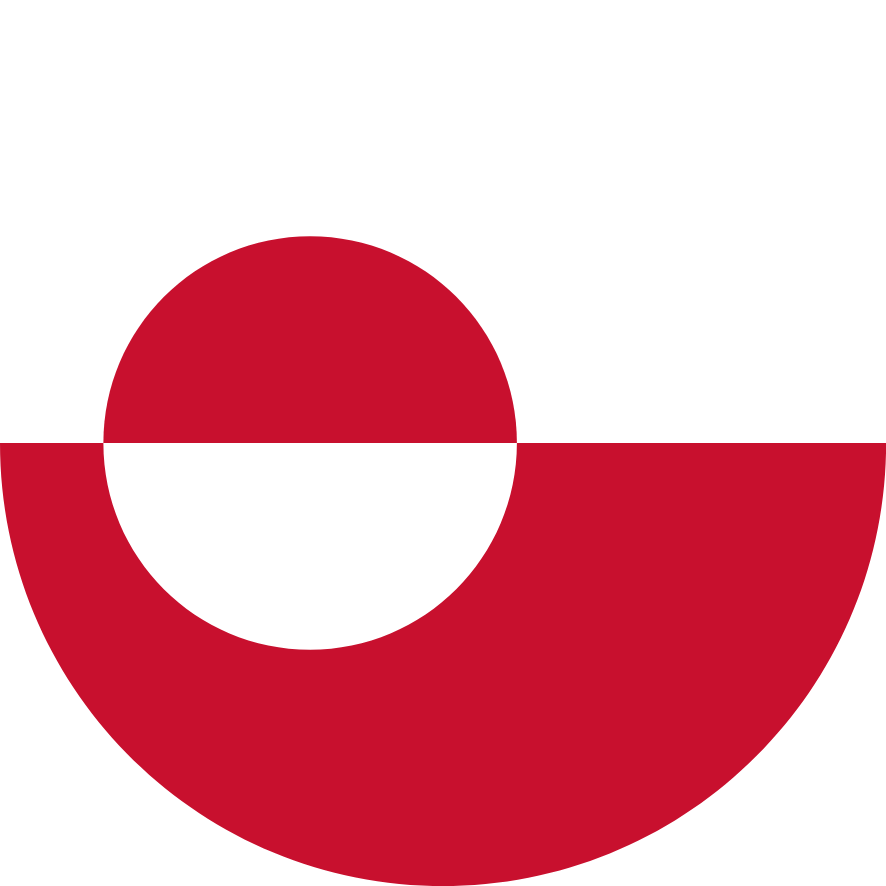
UIT, The Arctic University of Norway
UiT is an associate partner in the RETURN project, contributing valuable expertise on tourism governance, funding mechanisms, and public access rights in Northern Norway. Although not a formal partner due to funding limitations, UiT plays a key role in ensuring that Norwegian legal and policy perspectives are reflected in the project’s tourism revenue models. UiT’s involvement is especially important given the ongoing national debate around the proposed “besøksbidrag” law, which could significantly shape how tourism revenue is managed in Norway. Their research on voluntary vs. mandatory funding models and stakeholder engagement provides critical insights into the social acceptability and legal feasibility of tourism revenue transfers across the NPA region.
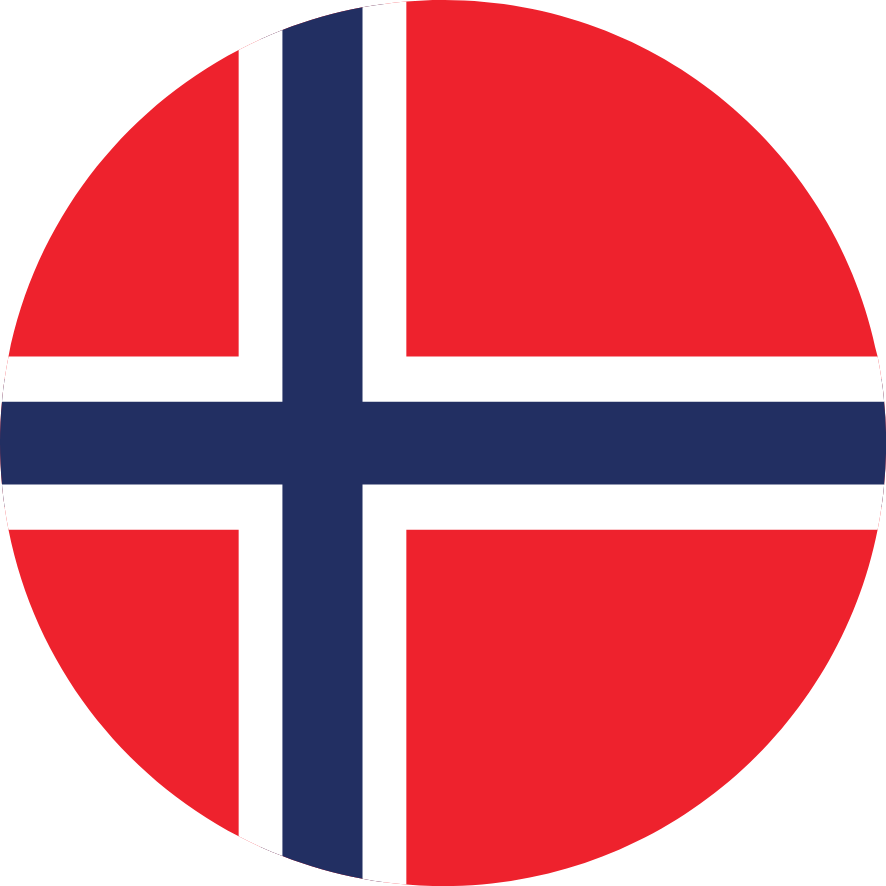
University of the Highlands and Islands (UHI) /Centre for Recreation and Tourism Research (CRTR)
The University of the Highlands and Islands (UHI), through its Centre for Recreation and Tourism Research (CRTR), is a core member and associate partner in the RETURN project. Although no longer eligible for full partnership due to Brexit, CRTR played a key role in shaping the project and brings leading expertise in regenerative tourism. Their research in the Scottish Highlands and Islands, combined with strong stakeholder networks, supports the development and dissemination of tourism revenue models that promote community resilience and environmental sustainability. UHI’s involvement ensures that Scottish and UK perspectives are well represented in the project.
